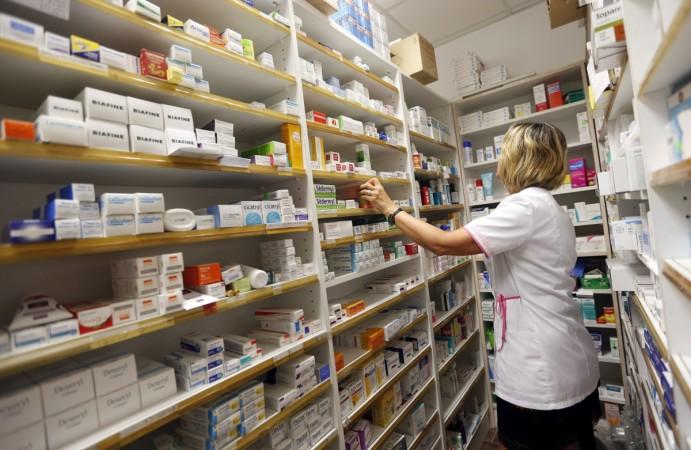
The expenditure on branded drug overuse cost the United States health care, especially the patients, $73 billion between 2012 and 2014, according to a new study published in JAMA internal Medicine on Monday. The study was conducted to estimate the excess expenditure incurred due to branded drug overuse when a lower-cost generic in the same class with the same indication was available.
According to the study, between 2012 and 2014, an estimated $73 billion in total excess expenditure and $24.6 billion in out-of-pocket excess expenditure was attributable to branded drug overuse. In other words, the amount of $73 billion could have been saved if patients used cheaper, generic medicines instead of drugs with brand names.
The study involved 107,132 persons, 62.1 percent of whom were on prescription drugs.
Maximum excessive expenditures were reported for cholesterol lowering drugs called statins ($10.9 billion), followed by antipsychotics ($9.99 billion), proton pump inhibitors ($6.12 billion), and anti-depressants ($6.08 billion).
The reason for branded drug overuse, according to the study's lead author, Michael Johansen from Ohio State University, was due to inefficient prescribing of medicines.
"Prescription drug prescribing during the time of this paper was not efficient and still isn't efficient. The number we're spending on prescription drugs is really large. At least from what this paper shows, patients are bearing a disproportionate amount of the inefficiencies in our prescribing," Johansen was quoted by Reuters as saying.
According to the study, generic drugs are substantially less expensive than branded drugs but equally effective. And the only way by which the use of generic medicine can be popularised in the U.S is through physicians/ doctors prescribing them.
However, many physicians still write prescriptions using brand names, sometimes for no other reason than the fact that the brand name is easier to remember or to spell, the study added. The state laws mandate generic medicine substitution when there is a U.S Food and Drug Administration (FDA)-approved generic, unless the physician specifically checks the dispense as written box, in which case the pharmacist has to only give the prescribed branded dug to the patient.










